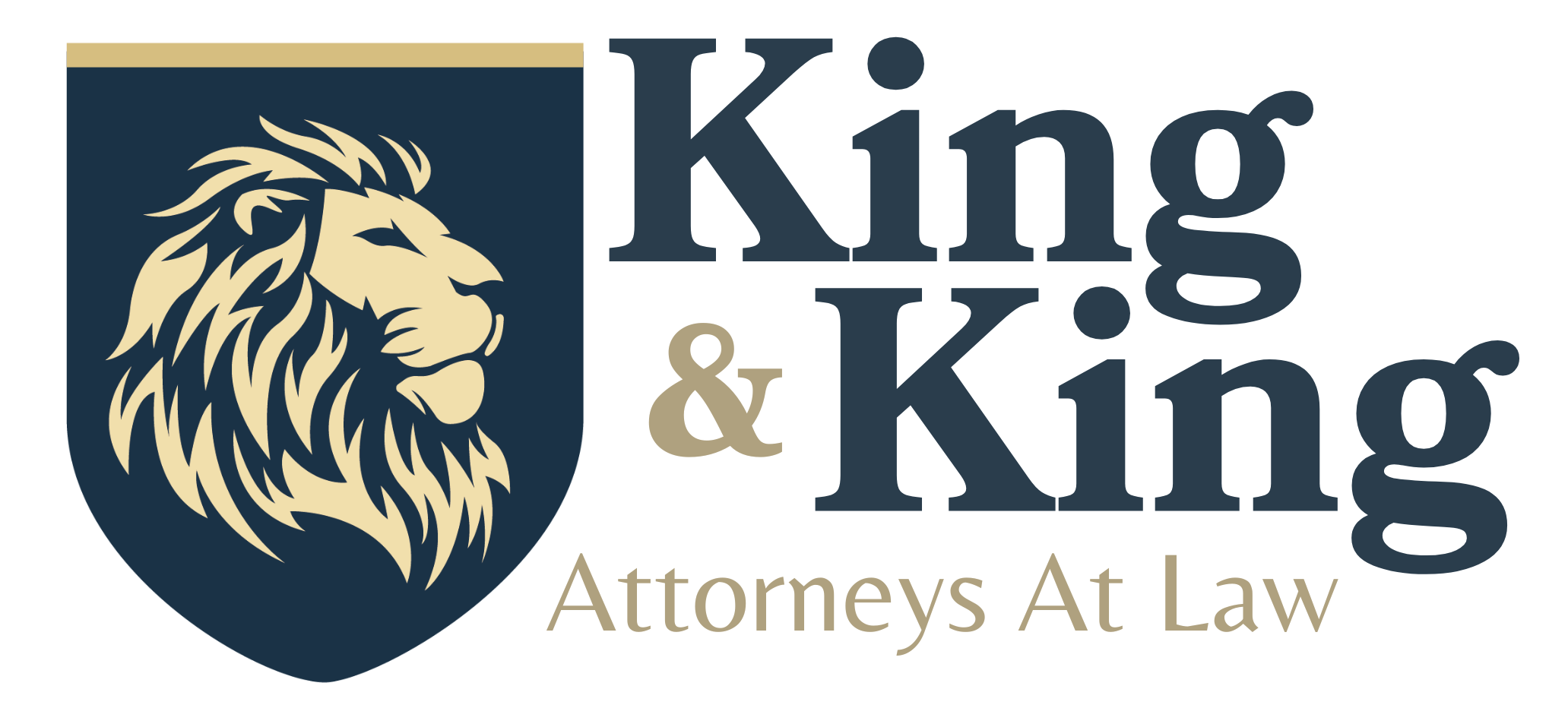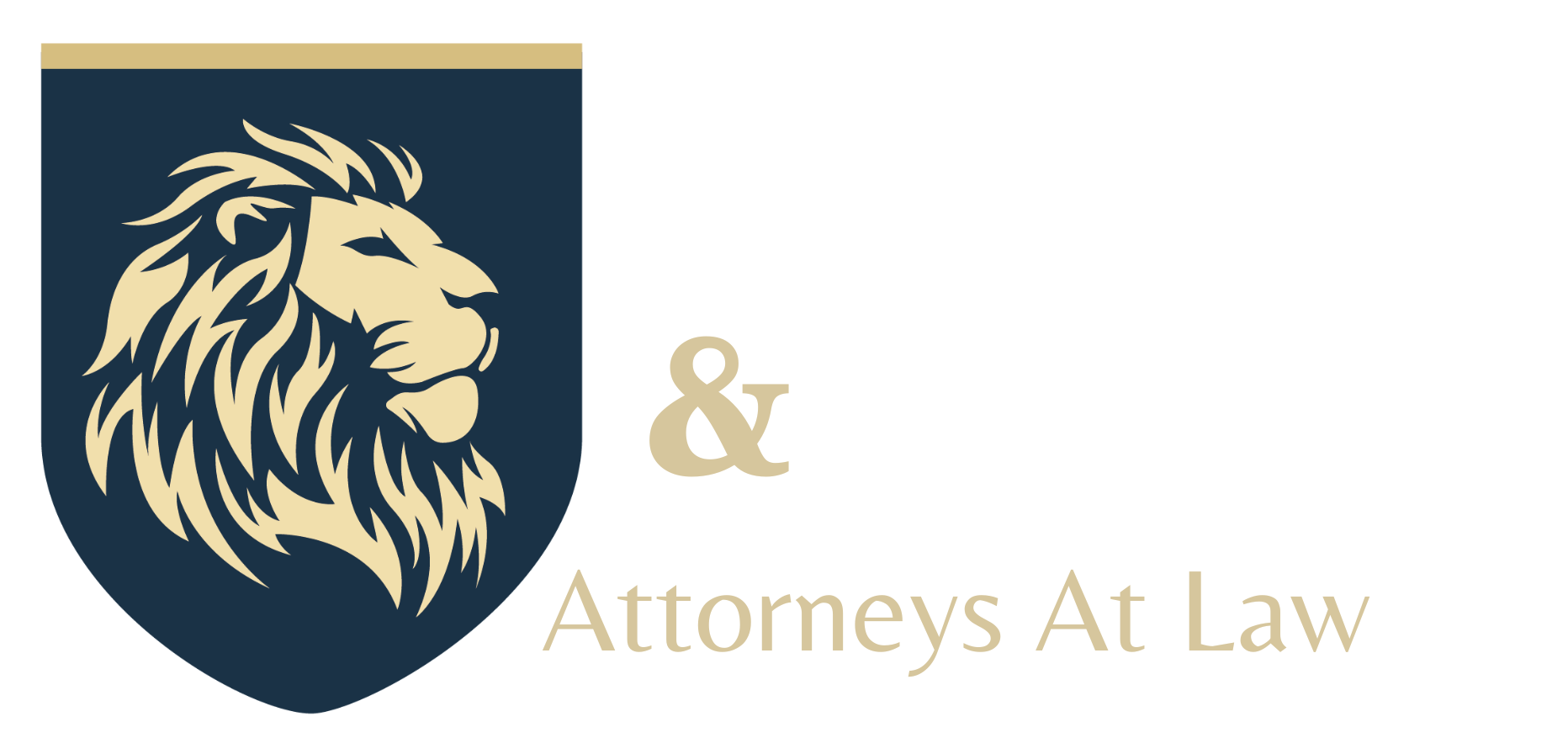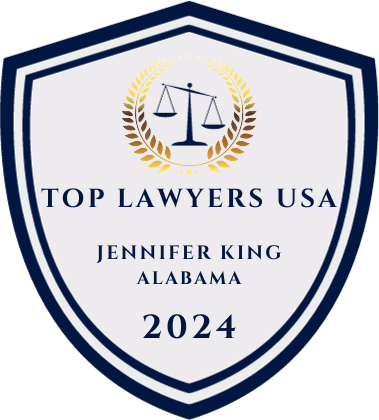
Starting on January 1, 2024, under a new law called the Corporate Transparency Act (CTA), owners of certain business entities in Foley, AL, Gulf Shores, AL, and across the United States must file a report with the federal government including details regarding the ownership of their entity. The CTA was enacted to help combat money laundering, financing of terrorism, tax fraud, and other illegal acts. If you have an entity (corporation, limited liability company, family limited partnership, etc.) as part of your existing estate plan, especially in Foley or Gulf Shores, this is important information you will need to know to ensure that you comply with the new law. Learn more about estate planning and probate and business law on our website.
What is the Corporate Transparency Act?
The CTA is a law that requires business entities it identifies as reporting companies to disclose certain information about the company and its owners to the U.S. Department of the Treasury’s Financial Crimes Enforcement Network (FinCEN). Under the CTA, a reporting company is defined as a corporation, limited liability company (LLC), or other similar entity (i) created by filing a document with the secretary of state or a similar office under the laws of a state or Indian tribe or (ii) formed under the laws of a foreign country and registered to do business in the United States. The following information about the reporting company must be included in the report:
- company’s legal name and any trade names or doing business as (d/b/a) name
- street address of the principal place of business
- jurisdiction where the business was formed
- tax identification number
Additionally, the reporting company must provide the following information to FinCEN about its beneficial owners, defined as persons who hold significant equity (25 percent or more ownership interest) in the reporting company or who exercise substantial control over the reporting company:
- full legal name
- date of birth
- current address
- unique identification number from an acceptable identification document
For reporting companies created on or after January 1, 2024, the same information must be provided about the company’s applicant, who is the person who files the creation documents for the reporting entity.
Note: Although a trust is not considered to be a reporting company under the CTA, if your trust owns an interest in a reporting company, such as an LLC, certain information about your trust may also have to be disclosed under the CTA because it may be deemed to be a beneficial owner. More information can be found on our Alabama page.
Does the CTA impact you in Foley and Gulf Shores?
Many business regulations apply only to large businesses, but the CTA specifically targets smaller entities in Foley, AL, and Gulf Shores, AL. If you own a small business, you may be subject to this act unless your business falls under one of the stated exemptions, which primarily apply to industries that are already heavily regulated and have their own reporting requirements. Your business may also be exempt from the reporting requirements if it employs more than 20 full-time employees, filed a return showing more than $5 million in gross receipts or sales, and has a physical office located within the United States.
Complying with the requirements of the CTA is of the utmost importance if you own a business entity or have one as part of your estate plan. We routinely create entities that might qualify as reporting companies as part of our clients’ estate plans. These include LLCs and family-limited partnerships.
Limited Liability Companies and Family Limited Partnerships
An LLC is a business structure that can own many types of accounts and property. These entities can be used to provide asset protection and probate avoidance. Meanwhile, a family limited partnership (FLP) is an entity owned by two or more family members, created to hold accounts, properties, or businesses. These structures are often used for asset protection and tax planning. Discover more about how to plan your small business succession and landlord-tenant law.
Asset Protection
Because an LLC is a separate legal entity from its members, the LLC’s creditors can typically recover only business debts from the LLC’s money and property, not the member’s personal accounts or property. Also, if the proper formalities are in place, the member’s personal creditors may not be able to reach the LLC’s accounts and property to satisfy the member’s personal debts.
Note: In some states, a single-member LLC does not enjoy the same protection from the member’s personal creditors. The rationale of these laws is that your creditors should be able to recover your personal debts through your LLC interests to satisfy their claims because there are no other members that will be negatively impacted by the seizure of money and property owned by the LLC.
Probate Avoidance
Anything that is owned by the LLC—retitled into the name of the LLC during your lifetime, bought by the LLC, or transferred by operation of law at your death—will not go through the public, costly, and time-consuming probate process. The probate process only transfers
accounts and property that you owned at your death. By using an LLC to own accounts and property, the LLC—not you—owns them. However, if you own the membership interest in your own name, the transfer of the membership interest at your death may still need to go through the probate process.
What do you have to do to comply with the CTA in Foley and Gulf Shores?
In order to comply with the act, you should gather the required information for all reporting companies you own and all other beneficial owners. For entities created before January 1, 2024, submit the initial reports for each reporting company by January 1, 2025. For entities created on or after January 1, 2024 and before January 1, 2025, submit the initial reports within 90 days of the entity’s creation. Entities created on or after January 1, 2025, will have 30 days to submit the reports.
Having a business entity as part of your estate plan can be an excellent tool depending on your unique situation. If you currently have one of these entities or are considering forming one, please reach out to us to discuss the next steps to ensure that you fully comply with the requirements of the CTA. Give us a call at(251) 299-9472 to schedule an appointment.
For more insights and updates, visit our blog, where you can find articles such as buying a business with real estate, business licenses and permits, and the benefits and risks of using ChatGPT for businesses. Also, consider reading about outgrowing your estate plan and what to bring to your estate/probate consultation.
The risk of suffering a data breach has never been higher, especially for businesses in Foley, AL and Gulf Shores, AL. Small businesses are three times more likely than larger businesses to be targeted by cybercriminals. The costs of a cyberattack, both in terms of financial and reputational damage, can be devastating to small businesses. […]
You have spent years building your business in Foley, AL and Gulf Shores, AL, but at some point, the time will come for you to sell the company and exit. While many business owners choose to keep the company in the family, that is not always realistic. Family members may not have the interest or […]
Over time, your business can undergo significant changes. What may have started as a humble, one-person operation in Foley, AL can grow into a more complex company, with multiple owners, employees, an evolving mission statement, and increasing risks. As the scope and goals of your business shift, an accompanying change in business structure might be […]
Small business owners in Foley, AL and Gulf Shores, AL are no strangers to government regulations. There are many requirements that businesses must be aware of and comply with, including business license and permit rules. Most businesses must obtain licenses or permits, so it is important for each business to know which ones it needs. […]






